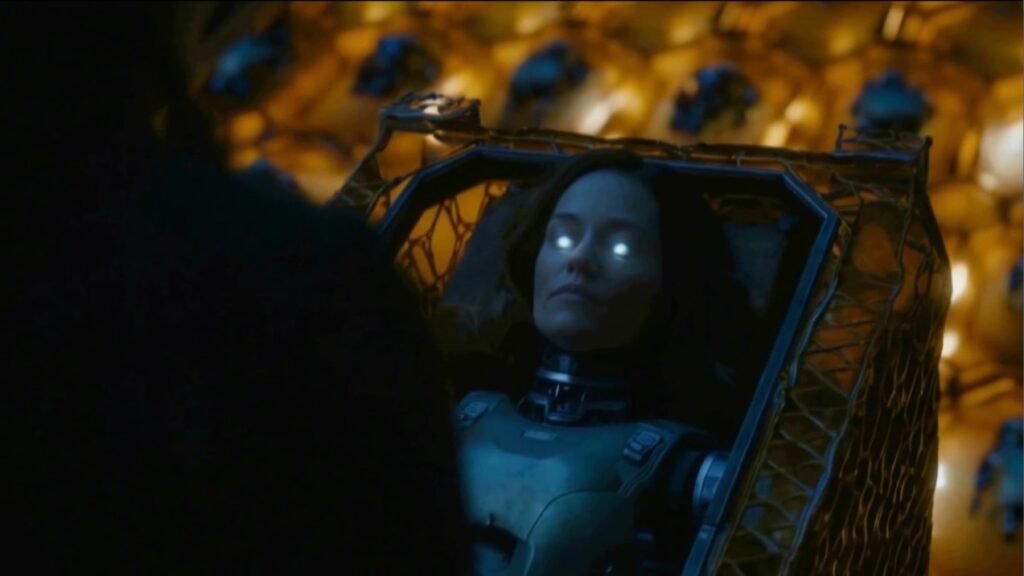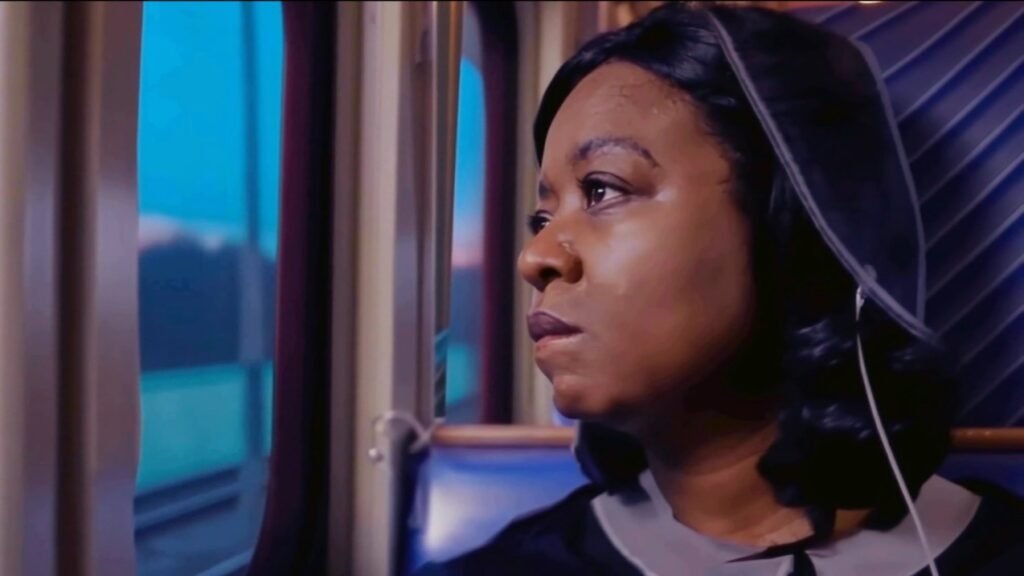Heather Ferreira’s Groundbreaking Journey to Hollywood’s First AI Feature Film
Heather Ferreira is a film and television director. Hired by Warner Bros Pictures in fall of 2019, Ferreira has completed the first full-length Hollywood motion picture produced almost completely with Artificial Intelligence, making a Warner director the first to cross the finish line and achieve this goal.
Warner Bros signed a recent agreement with the Hollywood unions to restrict the use of AI in productions on the lot, but since Ferreira is also an independent director and the feature was produced off campus outside Warner by Ferreira’s LA-based independent studio, Silent House/Good Habits Filmworks, in association with Temple Pictures, her newer, larger and independent entertainment company, and not Warner, Warner escapes union censure but still wins the trophy as the leader in artificial cinema because one of its helmers crossed the AI finish line first, ahead of other studios including Lionsgate, who recently partnered with a large AI company, RunwayML, to do precisely that.
The movie, titled The Fragrance of Petrichor, is said to be set fifteen years in the future of Southern California where a female robot, nicknamed Aria, is assigned to work in the home of a literature professor who has developed cancer. Against a backdrop of protests and violence between human labor and proponents of robot labor, the two form a close friendship with time running out for both of them and their fragile partnership. The film is garnering strong reviews calling it “beautiful” and “daring” and “an emotional tour de force” and, though it has not yet been released, has been called “an Oscar contender”.
Ferreira used RunwayML, Kling and Minimax’s Hailuo AI generators as well as a fleet of other softwares to create the motion picture, and edited it on Sony’s Vegas Pro editing platform. The soundtrack is a blend of human-composed music and music composed by use of prompts on the Udio AI system.




According to Silent House, preproduction of Petrichor took approximately one week, and production lasted nine weeks with second unit requiring four weeks and first unit, taking five. The film stars two leads, three supporting characters, and several dozens of extras. All were voiced and portrayed by a completely AI, non-human cast featuring a bevy of stars Silent House claims are exclusive and now populate a flank of synthetic actors who will be recast by the studio on subsequent films on regular basis in what the studio terms “a Famous Artists-style, golden studio age actor lineup”. The four AI stars are named Benjamin Bell, Yvette Holland, Michael Cassidy and Julian Yamaguchi, and will be “treated exactly like human stars, complete with bios and red carpet interviews, and”, adds the studio, “there are being created, this very week, more stars.”
Ferreira stated on November 1, 2024 when the picture wrapped, “We have achieved the impossible, and AI is now here to stay in Hollywood. There were numerous production issues that presented themselves on this picture, largely visual consistency, continuity resistance and diff, which beset all AI product, but these problems will sort themselves, and in the meantime we have now direct access to near-instantaneous filmmaking whose ability to evoke emotion and pathos in an audience is equal quality to live action.
“Just as important,” Ferreira added, “are lowered costs pertaining to production, which all producers and directors, and studios, will find miraculous. We have just completed a full-length science-fiction motion picture for less than the cost of a Tesla. This is the power of Artificial Intelligence, and I think I speak for many film directors that cost, and less labor friction, less human error, less time wasted massaging human egos on set, is now a very real new frontier and one all creatives everywhere can finally access.”
When quizzed about The Fragrance of Petrichor at a California casino yesterday, the Warner director stated, “So far audiences love the film, and more than I do. Making this movie, I was obsessed with perfection, and AI can’t yet give us that. Not in a consistent visual sense and with continuity. Diff has a way of hallucinating past that, and while I was making this film I was in battle with the various AIs used, and their percentages of diff, epically and constantly. With that having been said, however, I love how artificial intelligence completely removed certain aspects of filmmaking that were arguably even more troublesome and have historically always been, and these are some of the factors that will win the industry over. There were no human actors on this set, and therefore not one infraction or behavioral incident. We lost no money, lost no time, and gained a picture for five figures and in nine weeks with no strikes or other disturbances. To me, the use of entertainment AI is a miracle, and shows the way to the future.”
The film is 90 minutes in length, will likely be rated PG-13, and features science fiction and futuristic elements while also being a compelling story of human frailty, resilience and emotion. The Fragrance of Petrichor also asks topical thought provoking questions about the future of robot workers and how thinking machines will transform human lives and humanity’s future. Stylistically the film resembles Charlotte’s Web and other similar stories from the American past, and is visually lento, moving quietly at steady pace. The AI actor performances are startlingly realistic, and human audiences cried during the film while watching its exclusive rough cut November premiere. Ferreira says she is “proud and daunted” to be the first director to have completed a fully AI film but that her experiences “working with human actors” prompted her decision. “The fact we have accomplished this,” says Ferreira, “is both magical and disconcerting. My warning to Hollywood, to especially actors, is that AI is here. The entire chessboard changes now. If any studios have made promises not to use AI, I’d advise they revise those assurances, now, because anyone too far behind will be left behind. The analog train has departed.”
We create powerful, insightful content that fuels the minds of entrepreneurs and business owners, inspiring them to innovate, grow, and succeed.